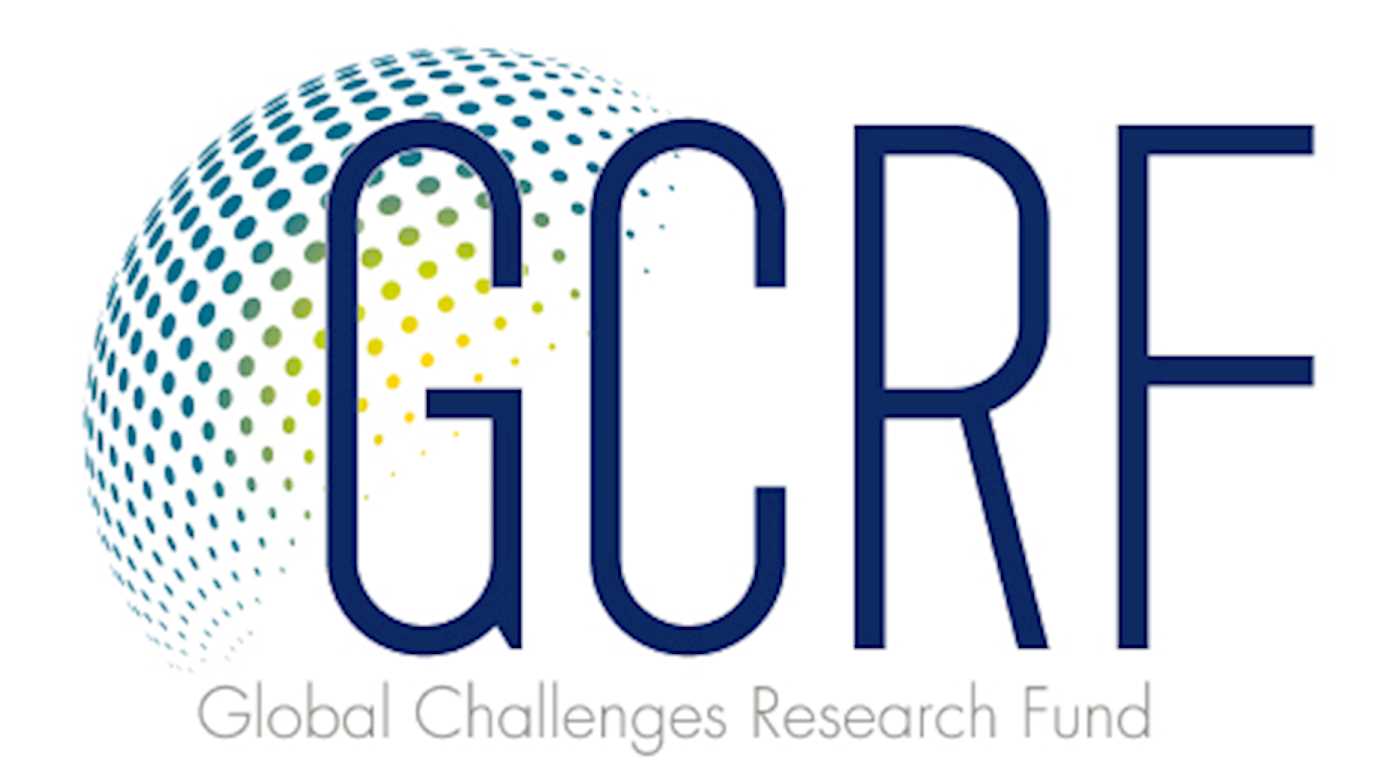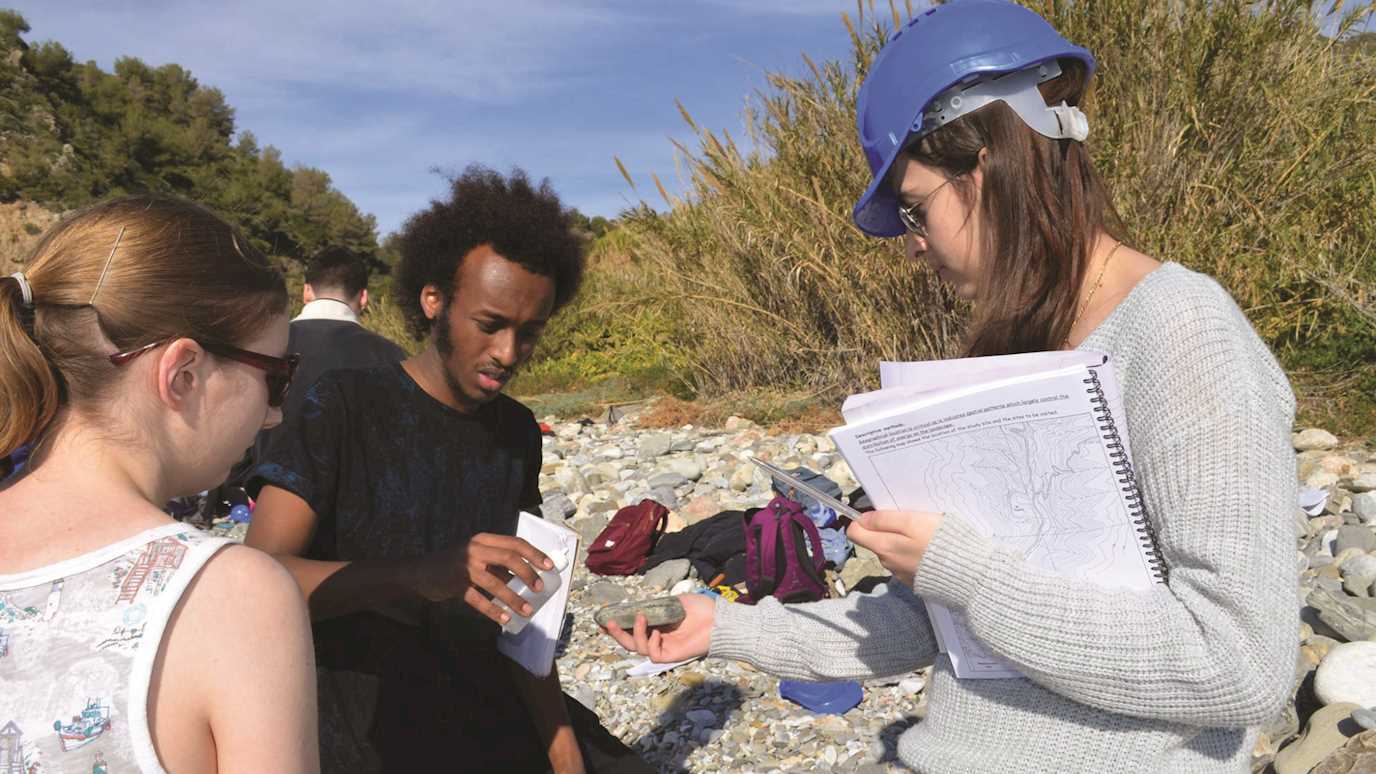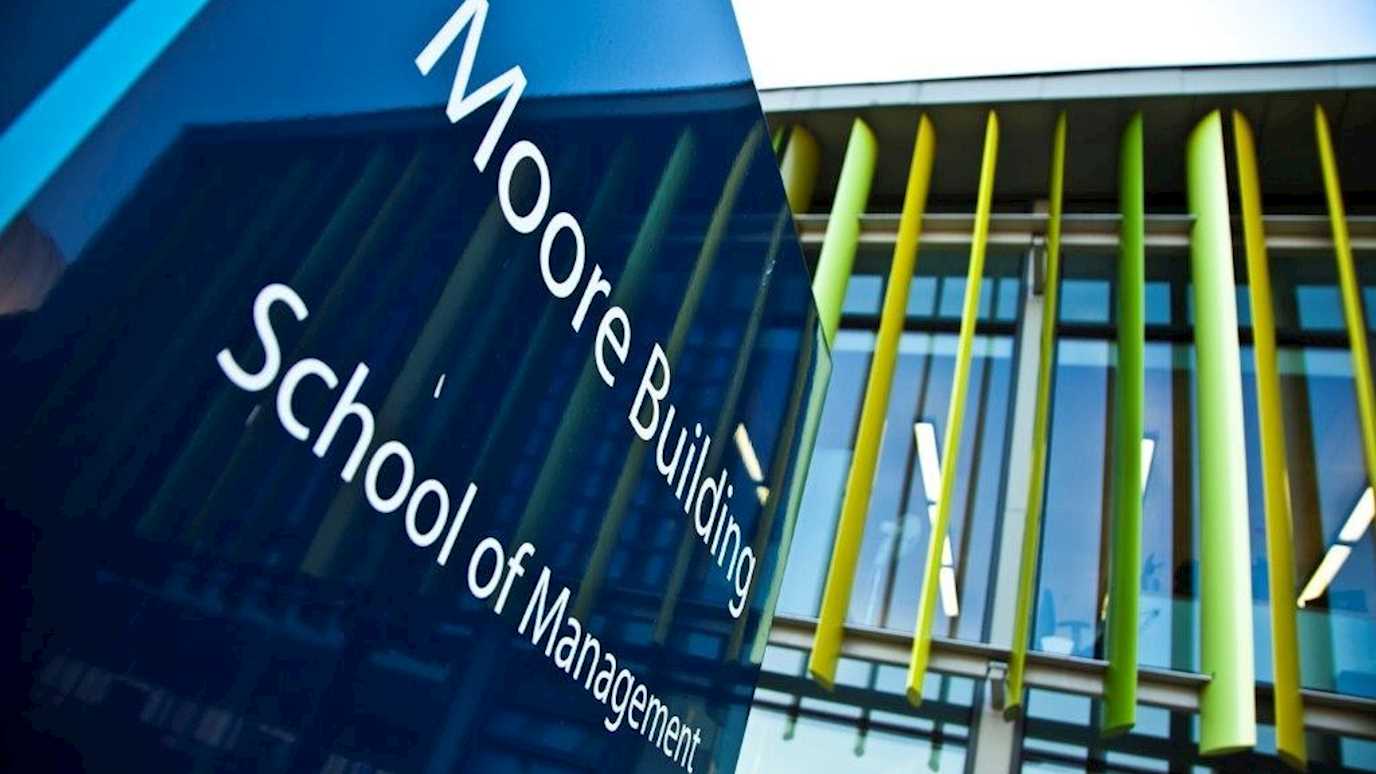A group of leading international migration experts, including those from Royal Holloway, have won backing from the UK government’s science and research funding agency to explore how South-South migration is affecting inequality and development in less developed countries. <script> $(document).ready(function(){ $( "span.departmentTitle" ).html( '<a style="color:#fff;" href="/research-and-teaching/departments-and-schools/">Departments</a>'); $( "span.departmentName" ).html('<a style="color:#fff; font-weight:200;" href="/research-and-teaching/departments-and-schools/geography/">Geography</a> and <a style="color: #fff; font-weight:200;" href="/research-and-teaching/departments-and-schools/management/">Management</a>' ); $( ".departmentComponent .textArea p" ).html('<a style="color:#fff; font-weight:200;" href="/research-and-teaching/departments-and-schools/">Discover our world-leading centres for geographical and managerial research</a>'); $( ".departmentComponent .mediaComponent" ).html('<a href="/research-and-teaching/departments-and-schools/"><img src="/media/6953/migrant-workers.jpg">>/a>'); }); </script>

The South-South Migration, Inequality and Development Hub won funding for the five-year project under the UK Research and Innovation (UKRI)’s Global Challenges Research Fund (GCRF) call to establish interdisciplinary research Hubs addressing complex global challenges.
The recipients of the awards were announced on 10th December 2018.
Dr G. Hari Harindranath, School of Management, and member of the UNESCO Chair in ICT4D and Professor Tim Unwin, Department of Geography and Chairholder of the UNESCO Chair in ICT4D, both from Royal Holloway, are among the experts who, as part of the Hub, will investigate how South-South migration contributes to the delivery of UN Sustainable Development Goals such as ending poverty and reducing inequality.
They will work alongside academics, artists, community leaders, international organisations and policymakers from 12 countries across South America, the Caribbean, Africa, Asia and the Middle East to better understand international migration patterns and consequences, and to support and influence global migration policy development.
South migration is estimated to account for nearly half of all international migration (up to 70% in some places), but its potential benefits have been undermined by limited and unequal access to rights and the economic and social opportunities that migration can bring.
Using a wide range of research methods and creative approaches, the Hub will map, record and draw attention to the experiences of those who move, generating a better understanding of, and encouraging a greater range of policy responses to address the challenges associated with international migration.
It is hoped the work will rebalance academic and political debates, currently driven largely by the perspectives and priorities of countries in the Global North.
The GCRF South-South Migration Inequality and Development Hub will be led by Heaven Crawley, Professor of International Migration at Coventry University’s Centre for Trust, Peace and Social Relations, and delivered in partnership with:
- 20 leading universities, as well as the Overseas Development Institute (ODI) and PositiveNegatives;
- Six international organisations – the International Organization for Migration (IOM), the International Labour Organization (ILO), the Office of the United Nations High Commissioner for Human Rights (OHCHR), the Organisation for Economic Co-operation and Development (OECD), the United Nations Development Programme (UNDP) and the United Nations Research Institute For Social Development (UNRISD); and
- Numerous local organisations in the 12 countries in which the hub will work: Burkina Faso, Brazil, China, Côte d’Ivoire, Egypt, Ethiopia, Ghana, Haiti, Jordan, Malaysia, Nepal and South Africa.
Dr Harindranath and Professor Unwin’s work package on ‘Leveraging ICT to address inequality’, focuses on understanding the extent and ways the application of ICTs has alleviated or exacerbated existing inequalities in the context of South-South migration, as well as successes and challenges facing the use of ICT for migrant-related development outcomes.
It also considers how the potential benefits of ICT can be leveraged to ensure that the developmental benefits of migration are harnessed and increased, particularly through reducing inequalities in ICT access and use.


























